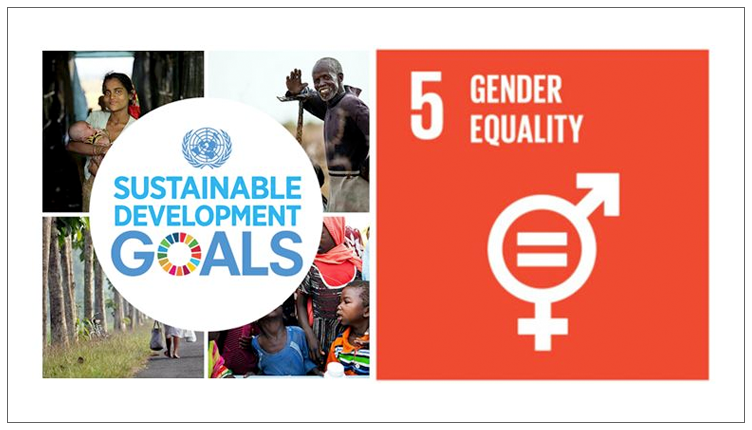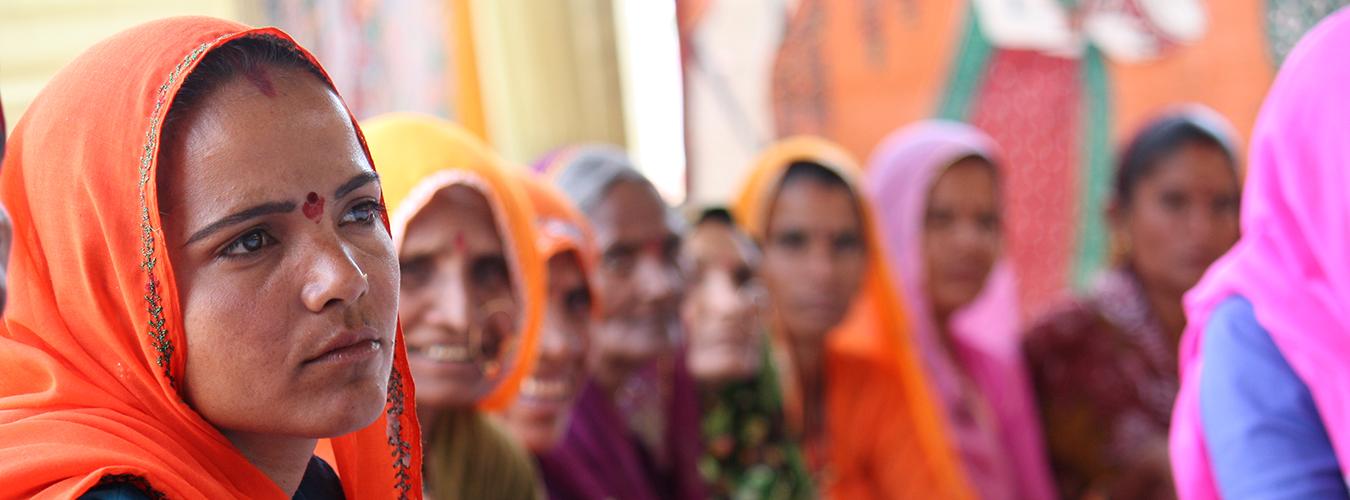editor
SDG #5 Gender Equality.

This month Sustainable Development Goal the San Jose Local Peace Economy is working on is #5 Gender Equality, achieving gender equality and empowering all women and girls within our local community and around the world. Gender equality is not only a fundamental human right, but a necessary foundation for a peaceful, prosperous and sustainable world. Women and girls represent half of the world’s population and therefore also half of its potential. But gender inequality persists everywhere and stagnates social progress.
The Sustainable Development Agenda, adopted by UN Member States in 2015, set a 2030 deadline for the achievement of gender equality and the empowerment of all women and girls. Now, with under 10 years left to meet it, the world is not on track. Amid the intersecting crises of COVID-19, the climate emergency, and rising economic and political insecurity, progress on gender equality has not only failed to move forward but has begun to reverse. Around the world, a growing backlash against women’s rights is threatening even well-established freedoms and protections.
Without heightened commitment from the global community, gender equality will remain nothing more than an unrealized goal. The time to act and invest in women and girls is now.
July SDG: Exploring the 2030 Agenda and SDGs At All Levels.
![]()
This month’s Sustainable Development Goal the Local Peace Economy is working on is exploring ways to implement the 2030 Agenda and the SDGs at all levels. Which is topic of the High-level Political Forum on Sustainable Development (HLPF) will be held from Monday, 10 July, to Wednesday, 19 July 2023, under the auspices of the Economic and Social Council . The theme will be” Accelerating the recovery from the coronavirus disease (COVID-19) and the full implementation of the 2030 Agenda for Sustainable Development at all levels”. The participants will discuss and explore actionable policy guidance for the full implementation of the 2030 Agenda and the SDGs at all levels and hopes to reignite a sense of hope, optimism, and enthusiasm for the 2030 Agenda
The HLPF is the central United Nations platform for the follow-up and review of the 2030 Agenda for Sustainable Development and the Sustainable Development Goals (SDGs) at the global level. The United Nations Conference on Sustainable Development (Rio+20), through its outcome on “The Future We Want“, established the United Nations High-level Political Forum on Sustainable Development (HLPF) in 2012.
The HLPF in July will also support the mid-term review of the implementation of the SDGs and the preparations for the 2023 SDG Summit – the HLPF to be convened under the auspices of the General Assembly in September 2023, the Summit will mark the half-way point to the deadline set for achieving the 2030 Agenda and the Sustainable Development Goals. The HLPF in 2023 will review in depth SDGs 6, 7, 9, 11 and 17. In addition 39 countries will carry out voluntary national reviews of their implementation of the 2030 Agenda. The US is not one of the countries.
This blog is about raising awareness of SDGs and to ask a question, what is the Future we want?
World Population Day 11 July

Communities and societies are stronger and healthier when women and girls are empowered to choose if and when to build the families they want. PHOTO: UN Women/Ashutosh Negi
2023 Theme: Unleashing the power of gender equality: Uplifting the voices of women and girls to unlock our world’s infinite possibilities.
What women and girls want matters. They make up 49.7% of the global population, yet women and girls are often ignored in discussions on demographics, with their rights violated in population policies. This pervasive injustice keeps women and girls out of school, the workforce and leadership positions; limits their agency and ability to make decisions about their health and sexual and reproductive lives; and heightens their vulnerability to violence, harmful practices and preventable maternal death, with a woman dying every two minutes due to pregnancy or childbirth. We must advance gender equality to create a more just, resilient and sustainable world.
The creativity, ingenuity, resources and power of women and girls are fundamental to addressing demographic and other challenges that threaten our future, including climate change and conflict.
Women suffer disproportionately from ravages of drought, desertification

Women’s land rights are in the spotlight ahead of the World Day to Combat Desertification and Drought, observed on 17 June, at events around the world, from Kenya to Viet Nam, including a high-level event at UN Headquarters in New York on Friday. “Equal land rights both protect land and advance gender equality,” UN Secretary-General António Guterres said, in a video message, urging all governments to eliminate legal barriers to women owning land, and to involve them in policy making.“We depend on land for our survival, yet we treat it like dirt,” the UN chief added, emphasizing the need for action.
Women make up nearly half of the world’s agricultural workforce, yet discriminatory practices related to land tenure, credit access, equal pay, and decision-making often impede their active participation in sustaining land health. Today, less than one in five landholders worldwide are women, according to the UN Convention to Combat Desertification (UNCCD).
Tackling marine pollution: Individual action, key to ocean restoration

At a recent UN Ocean Conference, in Libson, Portugal, experts pushed for a new international commitment to combat pollution, including at sea. According to the UN Environment Programme (UNEP), the amount of marine litter and plastic waste, has been growing rapidly. And without meaningful action, emissions of plastics into aquatic ecosystems, are projected to nearly triple by 2040.Following the high-level plenary, a panel of experts met to discuss the marine pollution issue, focusing on finding solutions.






